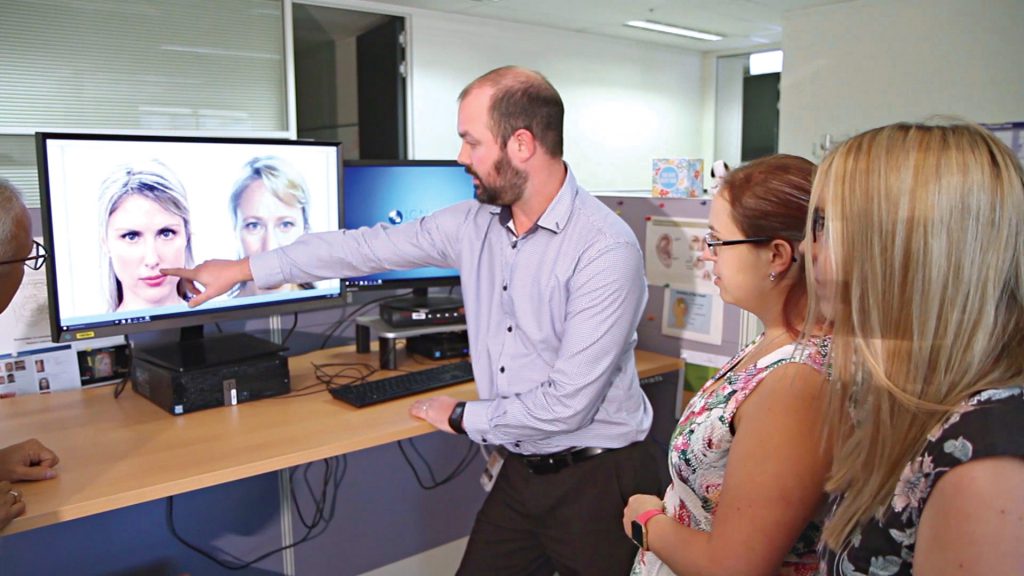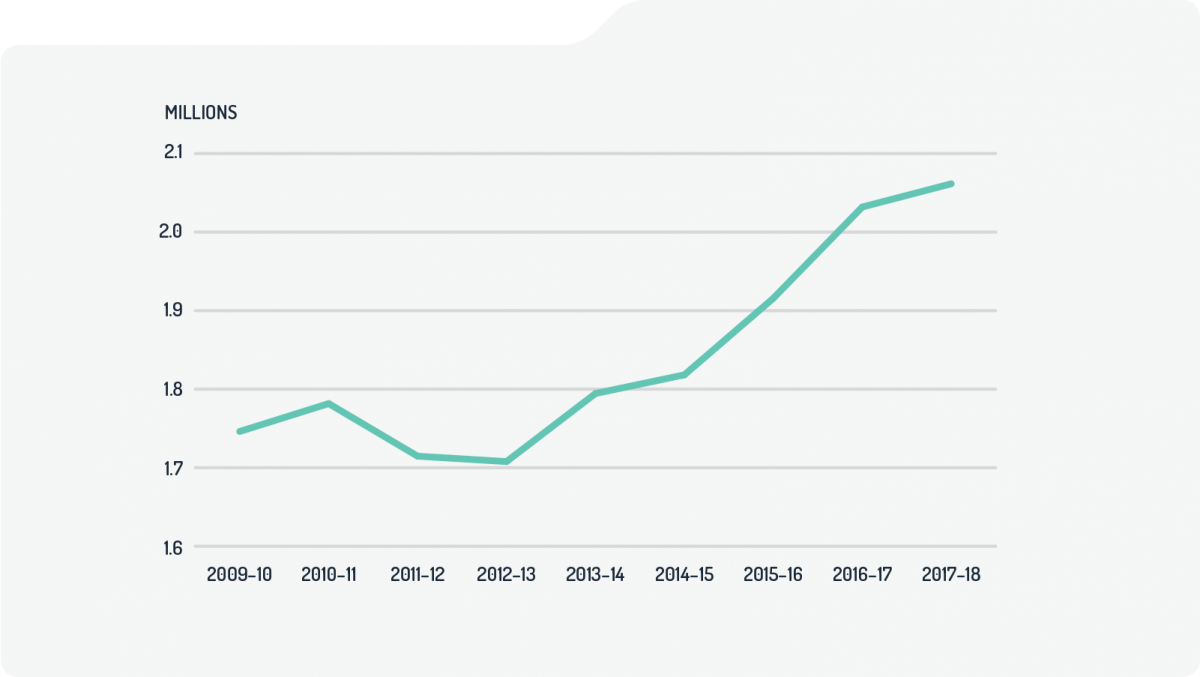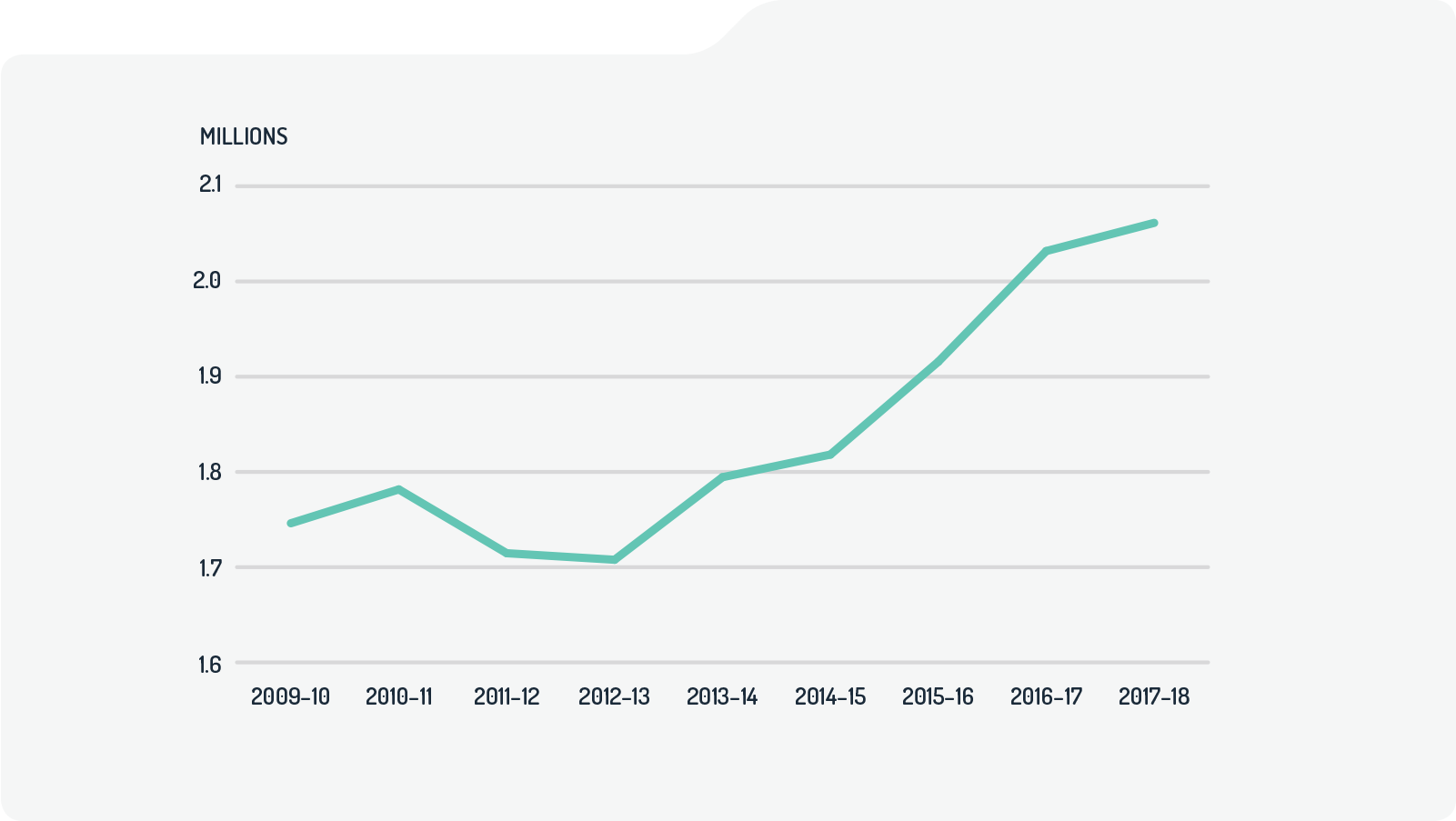Digital Passport
Assess our performance in continuing work with the Department of Home Affairs to develop the concept of a digital passport
In 2005 we became one of the first countries to issue an e-Passport, and played an important role in developing the international standards.
Several hundred million are now in issue worldwide. In 2016 the department launched the digital passport concept as a way to promote the untapped potential of these documents.
An ePassport chip reproduces the holder’s printed passport details, biodata and photograph in a digital file protected by public key cryptography that makes fraud easy to detect. The file can be stored and transmitted separately from the passport booklet and functions as securely as a booklet.
The potential of this technology has guided government and industry thinking internationally about the future of contactless movement through airports and across borders. In domestic and international forums we encouraged this interest, advocated deployment scenarios that fully use ePassport security features, and discouraged less secure vectors such as scans of the physical data page. The department also participated in an ICAO sub-group that explored possible standards for virtual travel credentials compatible with mobile devices.
We also provided practical support and technical advice to the Department of Home Affairs, and supplied digital passports to facilitate a successful trial of contactless SmartGate technology at Canberra Airport in May and June.


